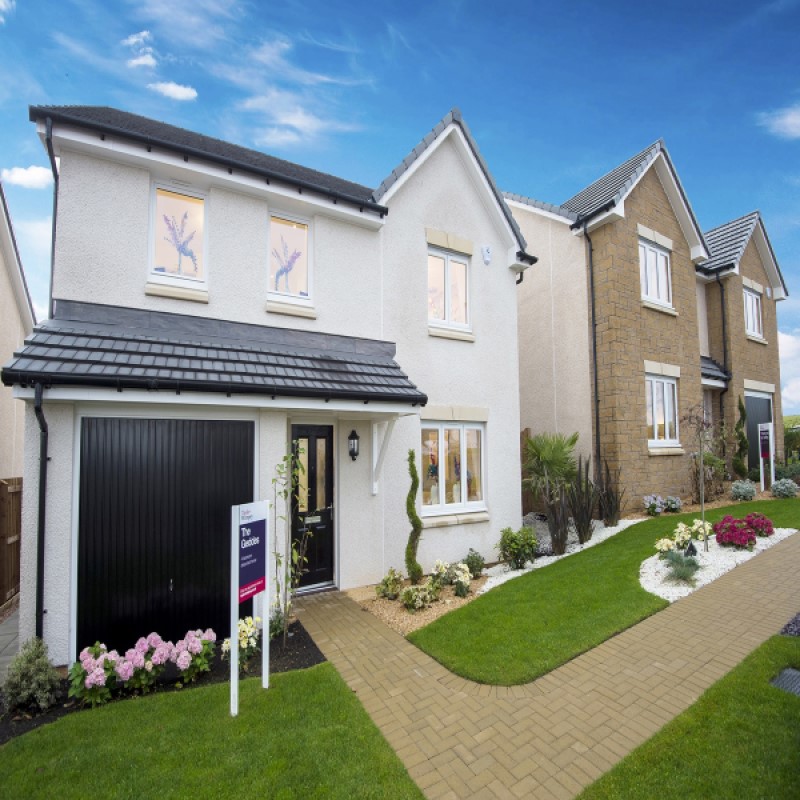Taylor Wimpey blames prolonged Brexit uncertainty for higher costs
Taylor Wimpey has outlined plans to sell fewer homes in the year ahead in order to focus on profitability.

Announcing its annual results today, the firm said volumes increases were weighed down by higher costs amid prolonged Brexit uncertainty in 2019.
Taylor Wimpey built 16,042 homes last year, up 5% on 2018’s 15,275. Revenue increased by 6.4% to £4,341.3 million (2018: £4,082.0m) and profit before tax was up 3% to £835.9m (2018: £810.7m).
But it said its operating profit margin had fallen from 21.6% to 19.6%, after operating profit fell 3.4% to £851m, largely due to rising construction costs and the amount of money it had invested in the business such as improving customer care and increasing its production capacity.
In its annual results statement the board said: “The easing in build cost pressures seen in late 2019 has been maintained, and we expect build cost inflation in 2020 to be around 3%. We are focused on reducing underlying costs to mitigate future build cost inflation. This very clear focus on cost, simplification and value has been well received by the business, with employees engaged at every level.
“for 2020 are expected to be slightly lower and we will be targeting a slighter lower sales rate as we focus on capturing value. We aim to maintain 2020 operating profit margin broadly in line with 2019.
“Operating profit margin in the first half of the year will show pressure from 2019 build cost inflation and selling prices and long term investment in quality and business improvement, with margin improvement expected in the second half as cost initiatives improve performance. Margin remains a key priority for the group and we are today reconfirming our medium term target to deliver operating profit margins of c.21-22%, assuming market conditions remain stable.”
Chief executive Pete Redfern said: “The group delivered a good performance in 2019, with a record sales rate and home completions increasing by 5%. During the year, we continued to strengthen our business and build a sustainable advantage, improving our core customer proposition and business flexibility through investments in customer service, quality, build capacity and direct labour. These investments will strengthen the business for the long term.
“In 2020, we will focus on further embedding and leveraging these improvements across the business while increasing our focus on cost discipline and process simplification.
“The new year has started well, with a good level of customer demand and a clearer political outlook.”



















